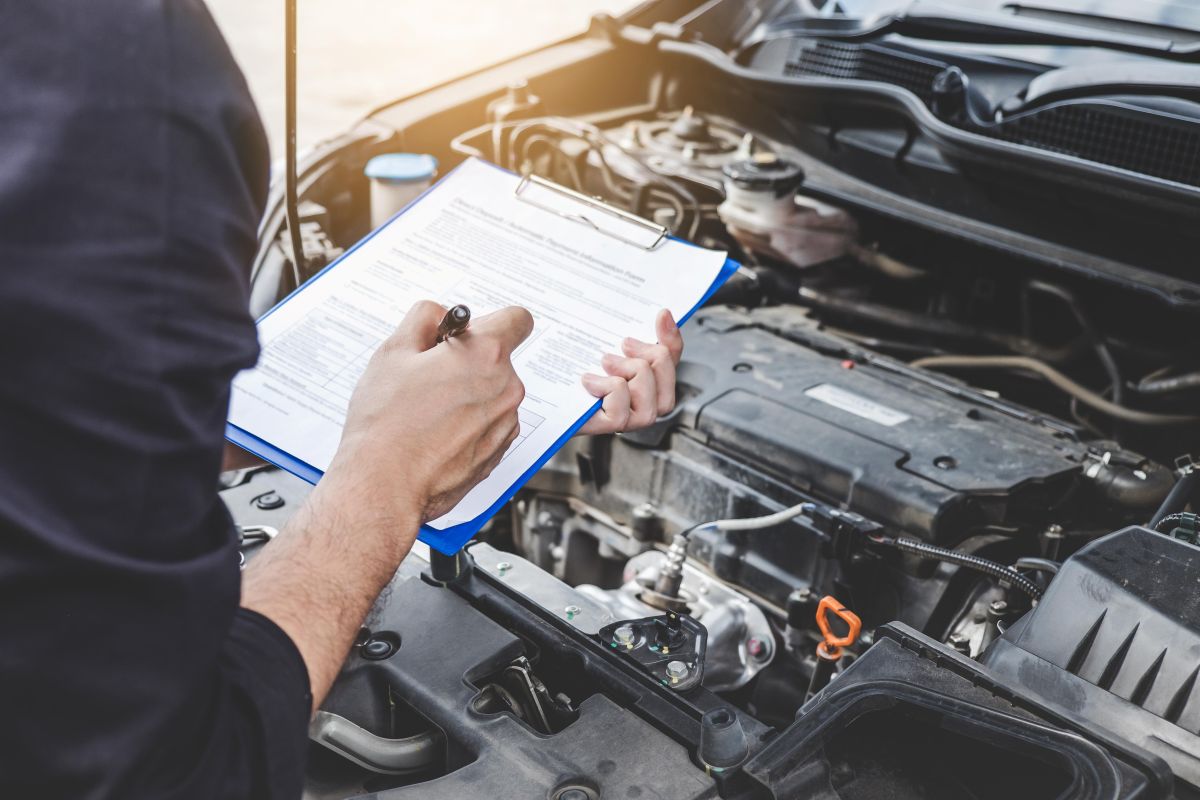As 2023 comes to a close, the CAR Coalition is looking back on key milestones in the effort to pass the federal REPAIR and SMART acts, as well as state bills that would address the right to repair issue.
December: REPAIR and SMART Act co-sponsor U.S. Rep. Marie Gluesenkamp Perez (D-WA) U.S. Rep. Jake Auchincloss (D-MA) and U.S. Rep. Jared Golden (D-ME) sent a letter to Secretary of Transportation Pete Buttigieg and National Highway Transportation Safety Administration (NHTSA) Administrator Sophie Shulman, warning that the agency’s proposed guidance for implementation of Massachusetts’ Data Access Law might unfairly harm independent repairers.
November: Members of the U.S. House Energy and Commerce Subcommittee on Innovation, Data, and Commerce unanimously voted to advance the REPAIR Act to the full committee for consideration. Less than a week later, an overwhelming majority---more than 80%---of Mainers voted "yes" on the state’s automotive right to repair referendum, adding momentum to the growing national push for right to repair protections.
October: At a White House National Economic Council (NEC) roundtable, key administration officials, state legislative leaders and industry representatives---including Federal Trade Commission (FTC) Chair Lina Khan, NEC Director Lael Brainard and Allstate’s Senior Vice President Don Jones, representing the CAR Coalition---highlighted growing bipartisan support for right to repair protections.
September: During a U.S. House Energy and Commerce Subcommittee on Innovation, Data, and Commerce hearing, lawmakers and auto industry professionals expressed their support for federal right to repair legislation like the REPAIR Act. Earlier that month, the U.S. Bureau of Labor and Statistics released its August Consumer Price Index (CPI) report, which showed vehicle repair prices had jumped 17% over the past year, outpacing the overall inflation rate by nearly five times.
August: The NHTSA finally agreed automakers can comply with Massachusetts’ Data Access Law, a vehicle data access measure approved by more than 3 in 4 of the state’s voters in 2020.
July: The U.S. House Judiciary Subcommittee on Courts, Intellectual Property, and the Internet held a hearing that zeroed in on automotive right to repair and the need for bipartisan, federal solutions like the SMART and REPAIR acts. Earlier in the month, the Alliance for Automotive Innovation (AAI), a trade group representing nearly all major automakers, signed a memorandum of understanding (MOU) with the Society of Collision Repair Specialists and the Automotive Service Association stating “independent repair facilities shall have access to the same diagnostic and repair information that auto manufacturers make available to authorized dealer networks.”
June: In a “rare step,” the U.S. Court of Appeals for the Federal Circuit granted an “en banc” review in LKQ Corp v. GM Global Technology Operations LLC, a case that could change how design patent validity is determined and, ultimately, help put a stop to anticompetitive OEM practices.
May: Columns in both the Washington Post and the National Review underscored the strong and growing bipartisan appeal of the right to repair movement.
April: At a U.S. House Energy and Commerce Subcommittee on Innovation, Data, and Commerce hearing, FTC Chair Khan detailed the agency’s ongoing commitment to rooting out automaker repair practices that harm consumers and small businesses.
March: A group of 28 bipartisan attorneys general sent a letter to leaders of the U.S. House Committee on Energy and Commerce and Senate Committee on Commerce, Science, and Transportation urging Congress to advance bipartisan right to repair measures like the SMART and REPAIR acts.
Throughout this year, the right to repair movement has been gaining steam, but the CAR Coalition is urging proponents to keep their foot on the gas in 2024, by telling their representative to pass bipartisan federal legislation like the SMART and REPAIR acts.












